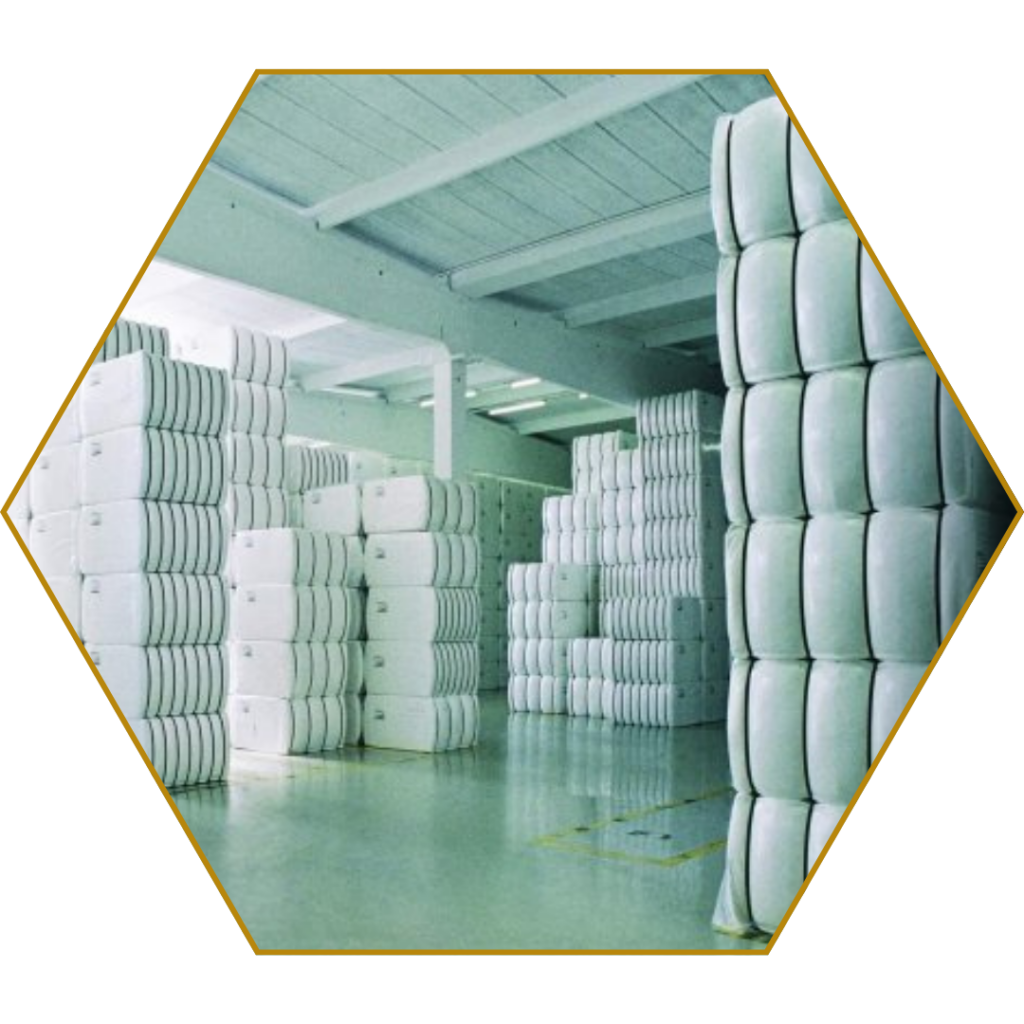
Partner: Lenzing Biocel Paskov
Field: manufacturing
Lenzing Biocel Paskov, a leading supplier of natural pulp, has long been working to make its production environmentally responsible and energy self-sufficient. They are being assisted in this by experts at the National Competence Centre in HPC (NCC) in cooperation with IT4Innovations National Supercomputing Center, who are helping them verify the feasibility of creating customised simulation models of their production processes.
“These models would enable the Paskov plant to further optimise the consumption and production of electricity, as well as all of the company’s production, based on historical data,” said Tomáš Karásek, Head of the NCC.
Even though the company is now largely self-sufficient in energy, it remains committed to its mission to produce viscose pulp fibres sustainably and efficiently. Lenzing Biocel’s management recognises that the key to further improving production processes and results is the data obtained from the various measuring instruments used in production.

However, due to the complexity and overwhelming amount of this data, they needed an experienced partner to analyse and interpret it correctly. Through the consulting services of the National Competence Centre in HPC, we therefore connected them with experts in advanced data analysis and simulation from IT4Innovations.
“Detailed analysis of company data provided basic insights into the pulp production processes and its behaviour during the production cycle. It also revealed challenges and opportunities that must be addressed when creating the simulation models themselves,” explained Kateřina Martinovičová, a researcher at IT4Innovations.

Mainly thanks to the collaboration between scientists with expertise in data analysis and experts from Lenzing Biocel, it was possible to gain a deep understanding of the data provided, the associated processes and measurements. The analysis carried out is the first step and starting point that will enable the eventual further development of specific simulation models of the Paskov plant using the Ostrava supercomputers.
“The success of this project highlights the importance of collaboration between industry and the scientific community in research and development. It also demonstrates the practical benefits of advanced data analysis and the potential of using simulations for sustainable production,” summarises Tomáš Karásek.
In addition, potential improvements to Lenzing Biocel’s corporate processes would have societal impacts. The electricity produced and not consumed in the plant’s operation is fed into the public electricity distribution system. Increasing the competitiveness of the internationally active company also boosts the economic development of the region.
“Today, great emphasis is placed on accurate prediction of the amount of electricity produced. However, in our plant, which produces almost 300,000 tonnes of viscose pulp, this is sometimes very challenging. That’s why we turned to the experts at IT4Innovations to help us better understand the data we have collected so far. By analysing this data in detail, we have gained valuable insights into the behaviour of our production processes. We have identified challenges and opportunities that we will focus on in the further development of our simulation models,” commented Vojtěch Podmolík, chief technology officer of Lenzing Biocel Paskov.

Read about more successful collaborations.
Don’t miss any news. Follow NCC Czechia on social media.



